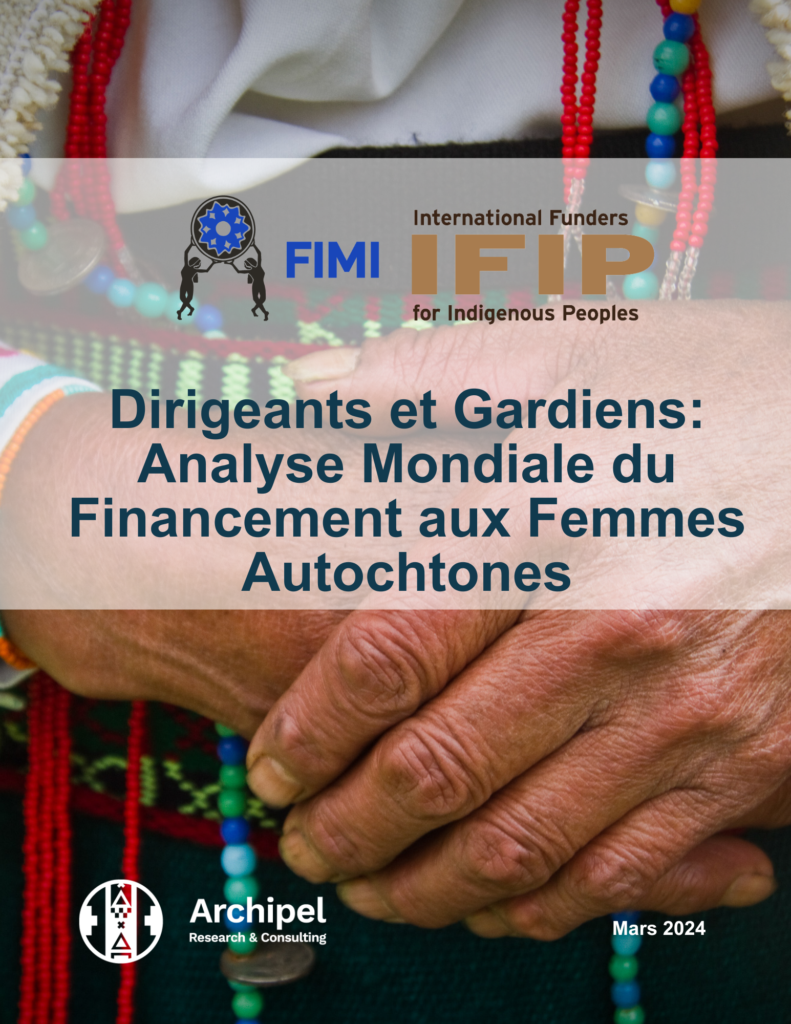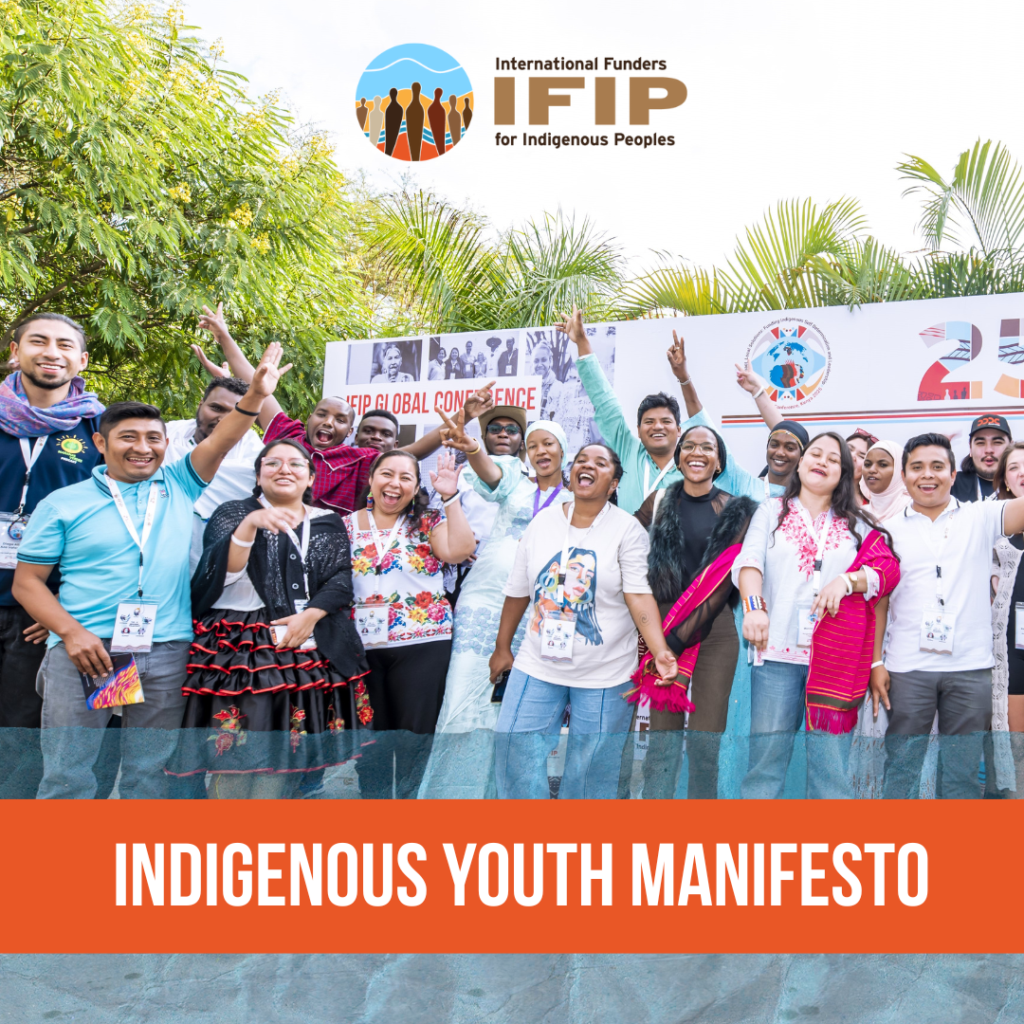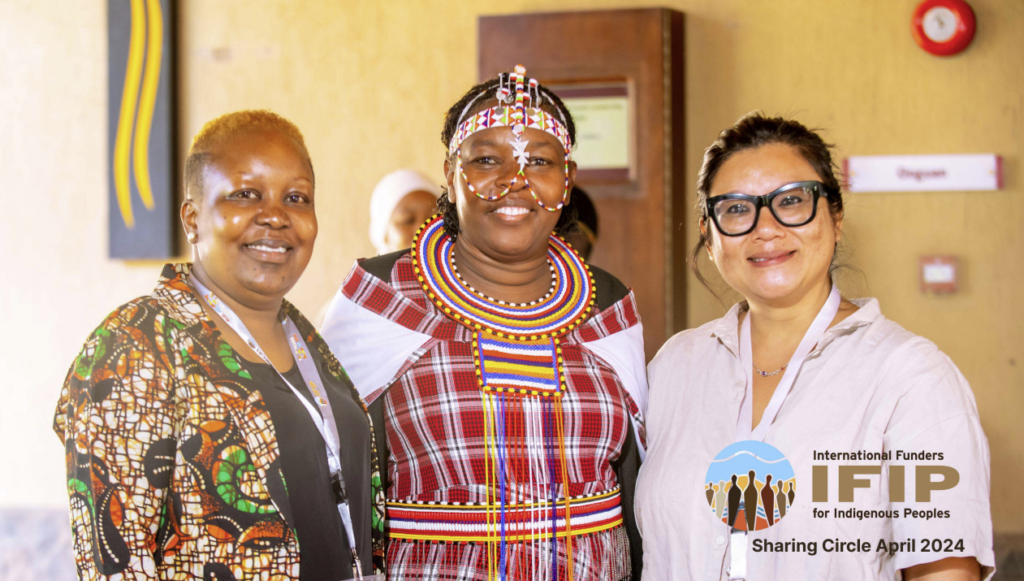Indigenous women throughout the world play a critical role in the transmission of traditional knowledge, peacemaking, and caring for our communities. We are at the forefront of raising the next generation and teaching children the wisdom of relating to each other, protecting Mother Earth, and perpetuating our sacred traditions. Rising to the occasion of these roles, indigenous women rely on each other for support. Regional networks of indigenous women have played a vital part in providing a framework for women to connect and share resources. Pacific indigenous women have recently come together to support each other and provide for the needs of their respective communities.
In 2019, Pacific indigenous women leaders met on the island of Guahan (Guam) in Micronesia to incorporate the Pacific Indigenous Women’s Network (PIWN). Signatories to the network included indigenous sisters from Hawaii, Australia, Guahan, the Federated States of Micronesia, and the Commonwealth of the Northern Mariana Islands. The vision for the network was described by Human Rights Attorney and founding member of the United Nations Permanent Forum on Indigenous Issues, Mililani Trask:
“Women are the mothers of the nation and the mothers of those who will come to the future to be our citizens. So it is really upon our backs, it is really something that will spring from our nations. We have come not only to share Aloha, but we have also come to put the palapala on the paper. We now are an organized, indigenous women’s network of the Pacific Basin. We will make a place for the women of Micronesia, Melanesia and Polynesia and we will form this as the legacy of our daughters and granddaughters. The Pacific Indigenous Women’s Network arises now.”
In the past three years, the PIWN has been able to obtain funding from FIMI’s AYNI Fund to organize Pacific indigenous women at the sub-regional levels of Micronesia, Melanesia, and Polynesia. The network is conducting an ongoing environmental scan of the region to bring stakeholders to the table. The PIWN is also currently conducting a needs assessment survey that aims to determine the areas of support for our women. A meeting of sub-regional representatives is currently being planned for 2023 to strengthen the infrastructure of the PIWN and to coordinate a future meeting of our women from all Pacific jurisdictions. The PIWN has recently engaged various United Nations mechanisms to elevate the challenges and experiences of peoples of the Pacific.

Representatives of the network, as sponsored by FIMI and the UN Voluntary Fund, participated in the Permanent Forum on Indigenous Issues in New York and the CEDAW High-Level Consultation on General Recommendation No. 39 and the Expert Mechanism on the Rights of Indigenous Peoples in Geneva, Switzerland. Interventions were delivered specific to issues of political decolonization, militarization, and violence against women. This level of engagement is only possible with the support of donors and funders.
Philanthropy specific to indigenous peoples engages a complimentary approach to funding that other sources do not. Indigenous philanthropy considers the unique worldview, pedagogy, and epistemologies of indigenous peoples. It is from this deep understanding of our cultural ways that creative approaches to community development and capacity building are developed. The Pacific has been blessed over the years to receive funding from various indigenous funders to include FIMI, the Pawanka Fund, and the Christensen Fund. These partnerships have provided the capital to strengthen Pacific programming and services. Moving into the future, the PIWN looks forward to continued expansion of services to improve the well-being of our Pacific indigenous sisters!



